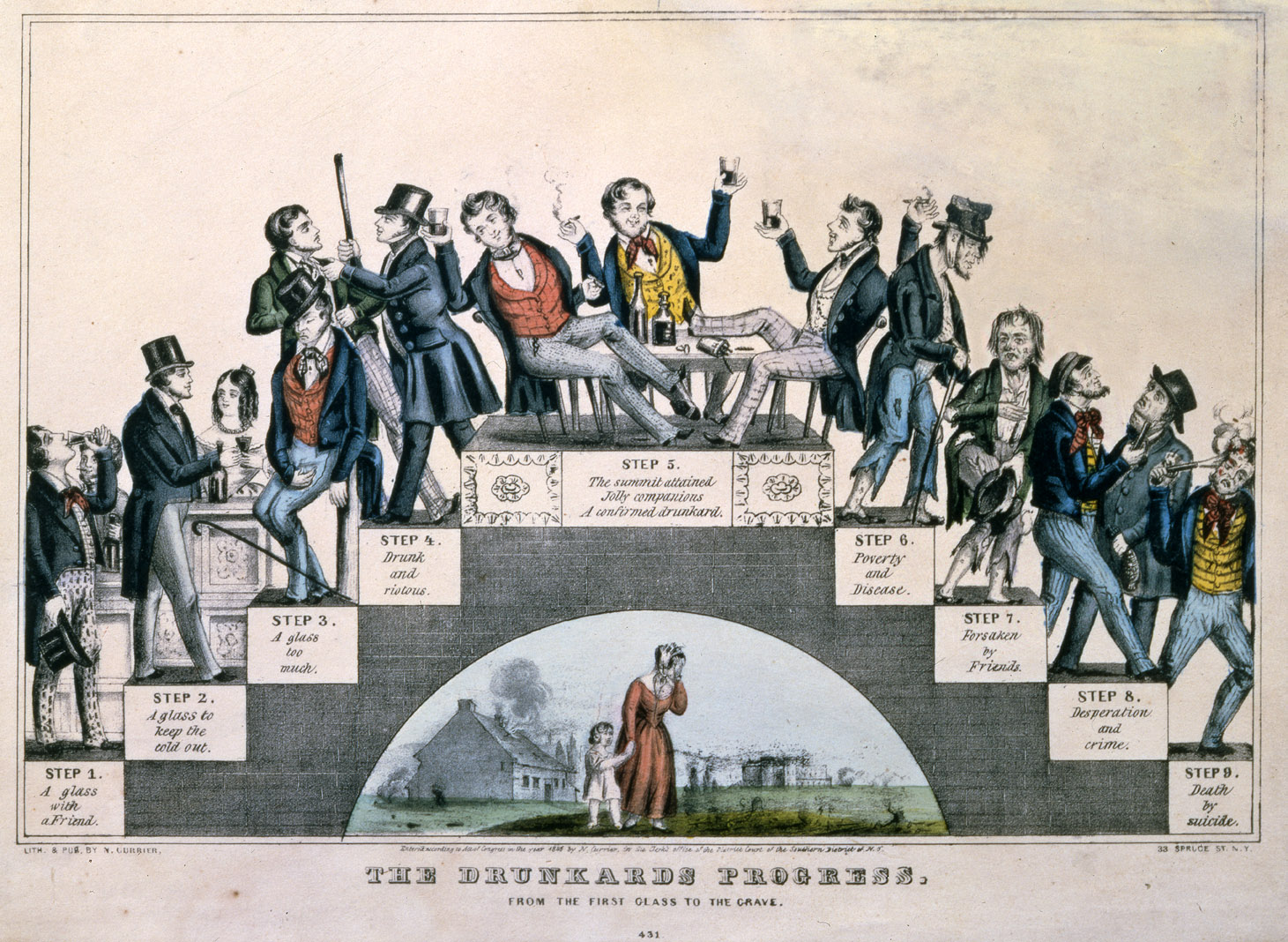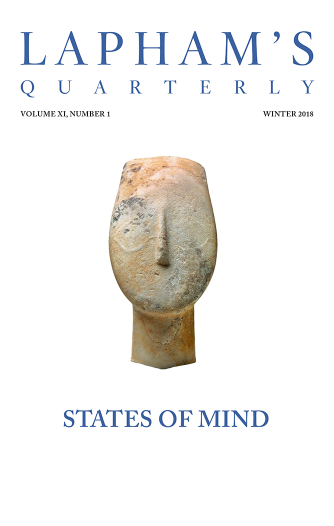A certain man used to love pretty women, on whom he spent his money until he had lost everything and was reduced to poverty. In his destitution he started to wander through the markets, looking for something on which to feed himself. While he was walking, a nail pierced his toe, drawing blood. He sat down, wiped off the blood, and bandaged his toe, after which he got up, crying out in pain.
Passing by a bathhouse he went in and took off his clothes. On entering he found the place clean, and so he sat by the fountain and kept on pouring water over his head until he grew tired. He then went to the cold-water room, where he found himself alone with no companions. Taking out a piece of hashish, he swallowed it, and as the drug went to his head, he toppled over on to the marble floor. The hashish led him to imagine that a high functionary was massaging him while two slaves stood at his head, one with a bowl and the other with the utensils needed for washing in the baths. When he saw that, he said to himself, “Either these people have mistaken who I am or else they are hashish eaters like me.” He stretched out his legs, and in his delusion he thought that the bath man said to him, “It’s time for you to go up, for you are on duty today.” “Well done, hashish,” he said to himself, laughing, and he sat there in silence. The bath man got up, took him by the hand, and wrapped a band of black silk around his waist. The two slaves walked behind him with the bowl and utensils until they brought him to a private room, where they released perfumes into the air. He found the room full of fruits and scented flowers. The servants sliced a melon for him and sat him on an ebony chair, while the bath man stood washing him as the servants poured out the water. They rubbed him down expertly, saying, “Our lord and master, may you enjoy constant happiness.” They then went out, closing the door on him, and when he imagined that, he got up, removed the band from his waist and started to laugh until he almost lost consciousness. He went on laughing for a while and then said to himself, “I wonder why they were addressing me as though I were a vizier, calling me ‘lord and master.’ It may be that they have got things wrong for the moment, but afterward they will recognize who I am and say, ‘This is a good-for-nothing’ and beat me on the neck to their hearts’ content.”

The Drunkards Progress: From the First Glass to the Grave, by Nathaniel Currier, 1846.
Finding the room too hot, he opened the door, and in his dream he saw a small mamluk and a eunuch coming in. The mamluk had with him a package which he opened and out of which he took three silk towels, placing one on the man’s head, the second over his shoulders, and the third round his waist. The eunuch gave him clogs, which he put on, and then other mamluks and eunuchs came up to him and supported him as he left the room, laughing, and went to the hall, which was sumptuously furnished in a way suitable only for kings. Servants hurried up to him and sat him on a dais, where they started to massage him until he fell asleep. In his sleep, he dreamed that there was a girl on his lap. He kissed her and placed her between his thighs, sitting with her as a man does with a woman. Taking his penis in his hand and drawing the girl to him, he pressed her beneath him.
At that point, someone called out, “Wake up, you good-for-nothing! It’s noon and you’re still asleep.” He opened his eyes and found himself in the cold-water room surrounded by a crowd of people who were laughing at him. He had an erection and the towel had slipped from his waist. He realized, to his sorrow, that all this had been a drug-induced fantasy, and turning to the man who had woken him, he said, “You could have waited until I put it in.” “Aren’t you ashamed, hashish eater,” the people said, “to sleep with your penis erect?”
© Malcolm C. Lyons, 2008. Used with permission of Penguin Books Ltd.
From The Thousand and One Nights. One of the earliest mentions in Arabic of some of this collection’s stories dates from a tenth-century work referring to A Thousand Tales, a series of legends from India, Greece, and Iran. Some of the best-known tales, those about Ali Baba, Aladdin, and Sinbad, were only incorporated by French scholar Antoine Galland in his eighteenth-century edition. The author and explorer Richard Burton privately published an unexpurgated translation of the Nights in the 1880s.
Back to Issue



